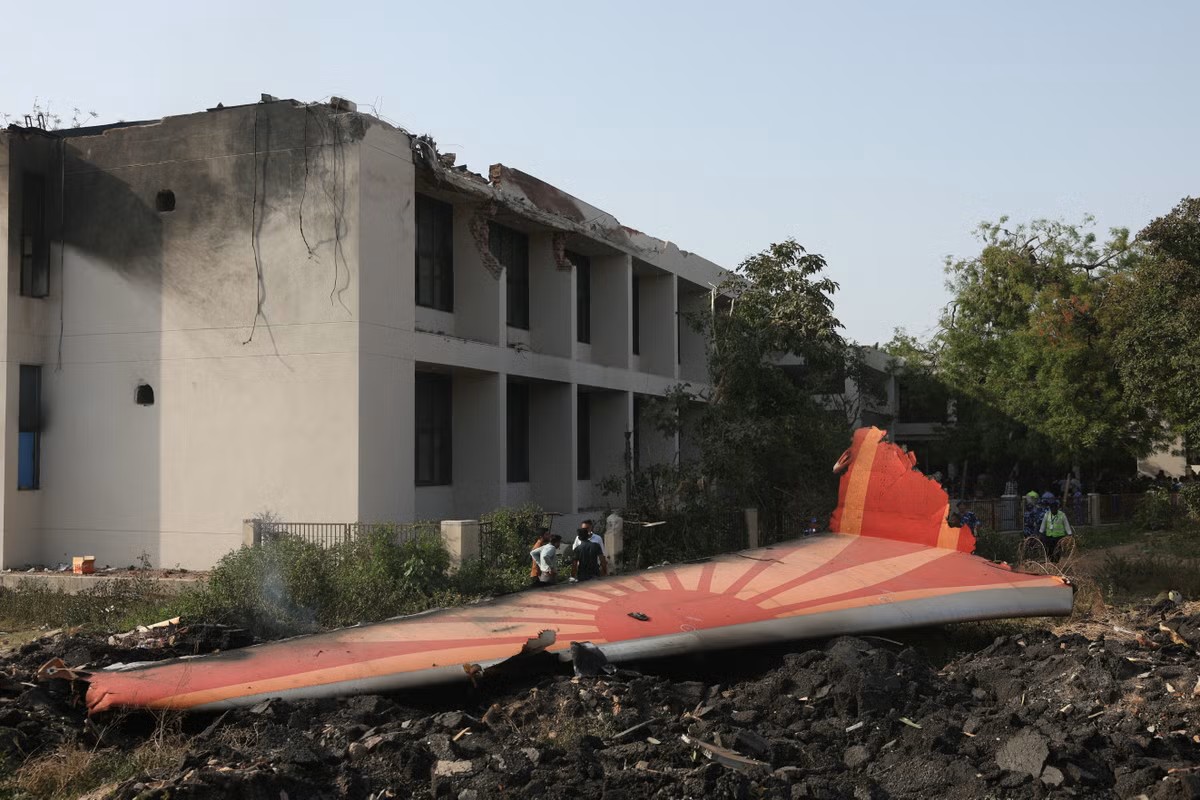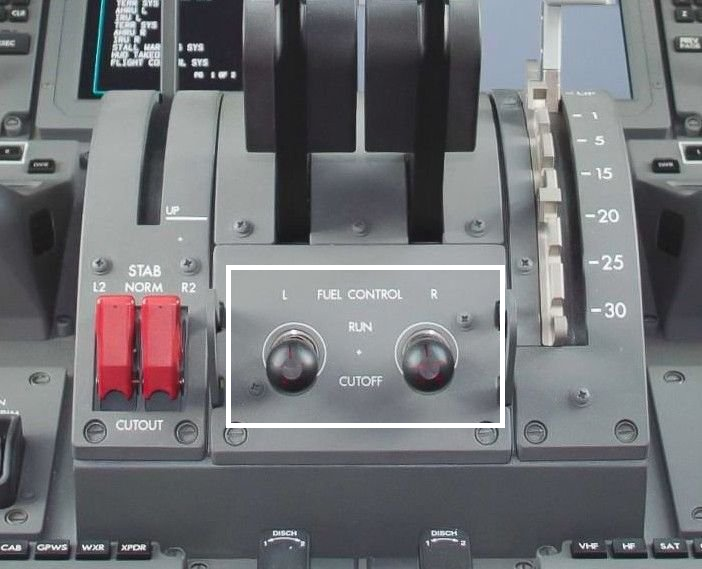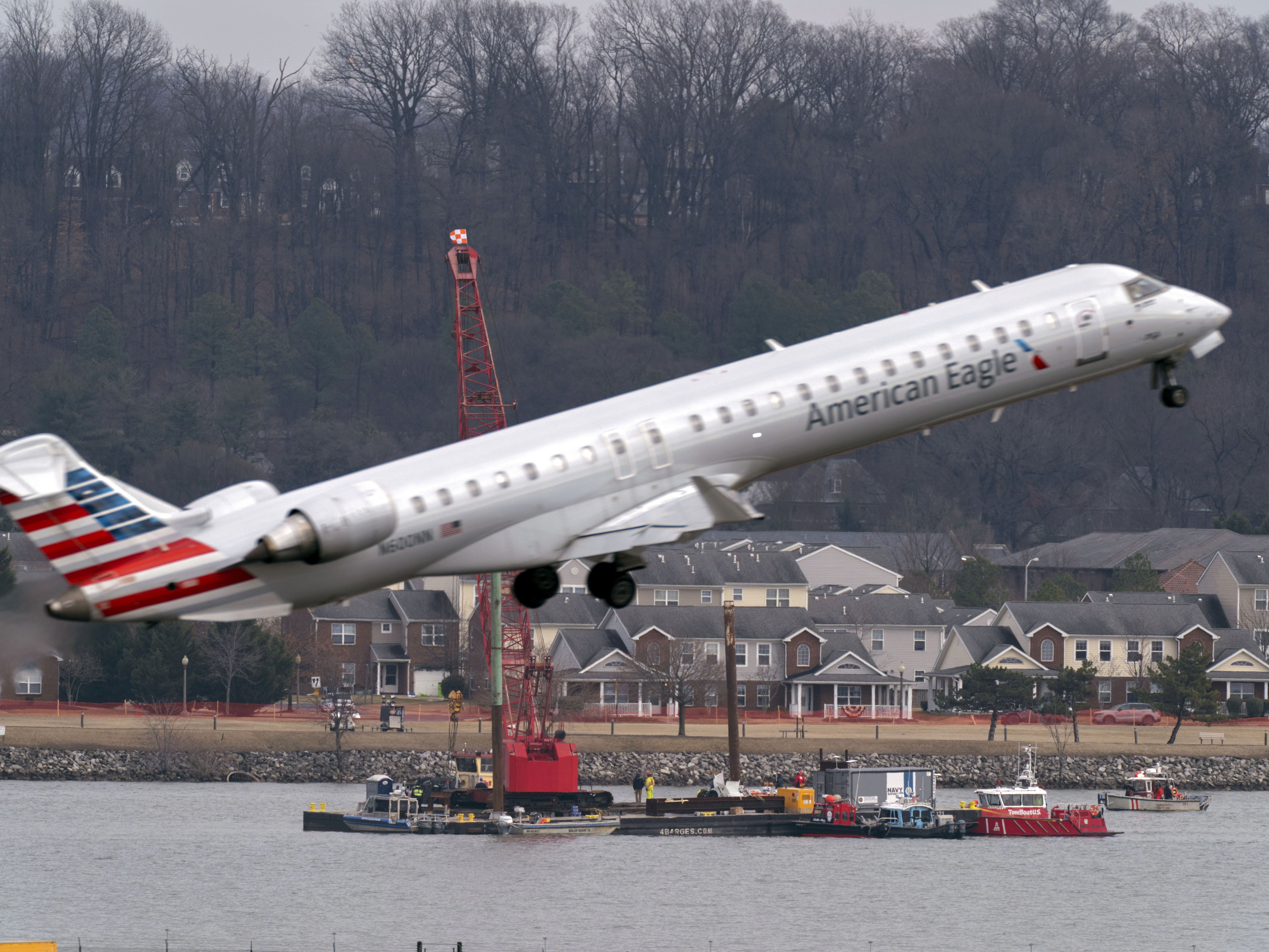India’s Supreme Court has stepped in over the probe into the recent Air India tragedy, scheduling a hearing for October 11, 2025 to examine whether the investigation is being conducted properly. The Court stressed that the process must be “free, fair, impartial, independent and expeditious.”
The case was brought by the Constitution by Safety Matters Foundation, which questioned the independence of a Directorate General of Civil Aviation (DGCA)-led investigation. The petition argued that the regulator’s dual role as both overseer and investigator created a conflict of interest. It also disputed early narratives around pilot error, alleging instead that an electrical system failure triggered the crash.
To support its claims, the foundation is seeking the release of key technical evidence, including:
Flight Data Recorder (FDR) data
Cockpit Voice Recorder (CVR) transcripts with synchronised timestamps
Electronic Aircraft Fault Recording (EAR) information
But the findings of the official report have been challenged by the aviation safety group, which is calling for an independent investigation. In a recent Supreme Court hearing, one of the judges described suggestions that the pilots had deliberately shut off fuel supply as “very unfortunate and irresponsible.”
The Supreme Court’s intervention underscores wider concerns about accountability and oversight in Indian aviation. The October 11 hearing could prove pivotal, not just in shaping the outcome of this case, but in determining the credibility of future crash investigations in the country.
Mike Andrews, the lawyer for families of more than 100 victims, dismisses suggestions that the pilots deliberately or mistakenly shut off fuel controls, leading to the crash.
Reported by The Independent, Andrews highlights that FAA notices and directives have documented water leaking into equipment bays on 787s, sometimes requiring equipment replacement.
The electronics equipment bay, located beneath the cabin floor, houses computers controlling nearly all flight aspects, including the full authority digital engine control (FADEC).
FADEC serves as the engine’s brain, automatically managing all performance aspects by receiving data from sensors, calculating optimal settings, and adjusting fuel flow and other parameters to maximize efficiency, performance, and safety. The FAA states that if FADEC fails, the engine fails.

Sources told AirlineRatings that even the timing of the initial release of information, which was late in the evening and outside of normal government working hours in India, was an early signal that transparency may have been lacking. According to the same source, responsibility was directed at the pilots early on to divert scrutiny from possible maintenance lapses and regulatory issues within the airline and governing bodies.
The crash has intensified debate over the safety of India’s airspace. The head of the DGCA has defended the regulator’s record, telling the BBC in July that “India’s skies have always been safe.” Yet in that same month, the DGCA’s annual audit uncovered 51 safety violations at Air India in the preceding year.
Have questions or want to share your thoughts?



.jpg)


